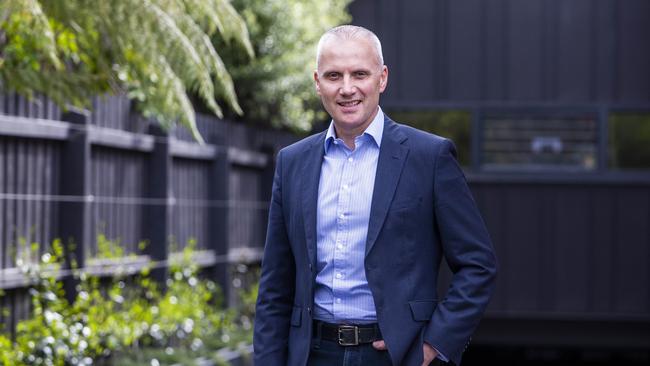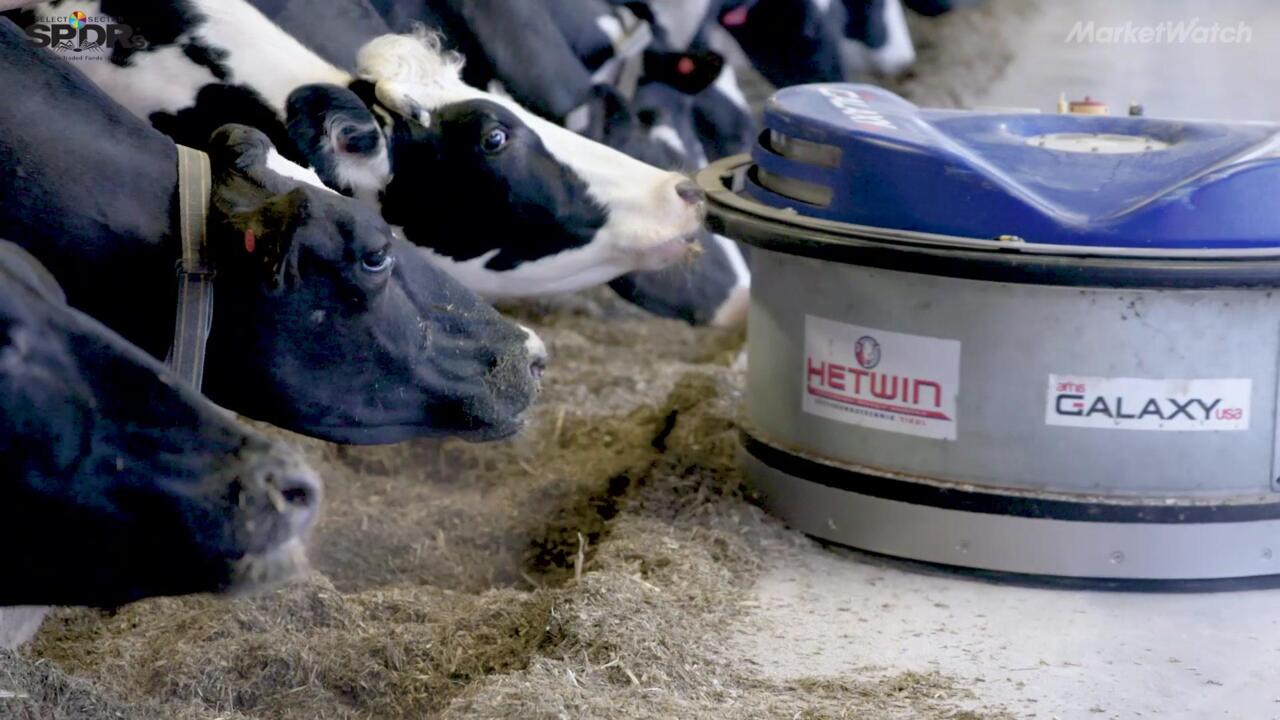Fonterra abandons $1.2bn Australian business float plans, which was announced last September amid China woes
The dairy giant was looking to spin off its Australian business to differentiate its main New Zealand business ‘on the world stage’.

Fonterra, the world’s biggest dairy exporter, has abandoned a proposed $1.2bn float of its Australian business amid soaring milk costs and market volatility, adding to the slump in deal volumes this year.
The New Zealand dairy titan launched an ownership review 12 months ago, which explored the sale of its Australian and Chilean arms as part of a strategy to return $NZ1bn ($880m) to shareholders by 2030.
It will pursue the sale of its Chile business but chief executive Miles Hurrell said the review found it was in the co-operative’s “best interests to maintain full ownership” of its Australian operations.
The decision comes as bankers and lawyers have had to contend with a dearth of initial public offerings this year. Equity capital markets activity – including secondary raisings and sharemarket floats – has dropped $US8.62bn ($13bn), or 38.4 per cent, so far in 2022, given choppy markets.
Meanwhile, takeover deals are typically taking longer to complete, are sometimes being repriced and – in the case of KKR’s joint $20bn bid for Ramsay Health Care – are being shelved.

In the dairy sector, companies have had to combat a 30 per cent surge in the price they pay farmers for their milk, with Fonterra paying Australian farmers a record $9.40 per kilogram milk solids. The increase reflects a rebound in global commodity prices while supply has been tight across the main dairy producing regions, with Australia’s national milk pool shrinking up to three per cent this year.
Competition in sourcing milk supply has been fierce, with the higher costs hammering Bega Cheese, which reported a 69 per cent drop in annual profit this year.
For Fonterra, its Australian business has managed to stabilise milk collections at 1.4 million litres, giving it 15.9 per cent market share. This compares with 21.6 per cent market share in 2018.
Fonterra Australia managing director René Dedoncker said the co-operative was not expecting “significant lifts” in milk collections in coming years.
“But maintaining or starting to grow is exactly where we need to be, so we’re feeling good about the milk pool,” Mr Dedoncker said.
“In the last 12 months what the (ownership review) process has validated is the role that we play contributing to long term aspirations with the co-op. So in the 12 months it (the review) dives into the role we play in delivering the strategy and that our performance is in fact repeatable and can contribute.
“In the end, what you want is a clear outcome, and one that enables the right levels of investment. And the co-ope was prepared to do that because we are one strategy, we are performing, and the 2030 explorations will be delivered with us alongside.”

Across its Australian business, which produces brands including Western Star butter, Perfect Italiano and markets Bega Cheese under licence, revenue leapt 7 per cent to $NZ2.09bn in the year to July 31. This equated to 9 per cent of Fonterra’s overall revenue, which jumped 11 per cent to $NZ23.4bn.
Meanwhile, Australian earnings before interest and tax jumped 43 per cent to $NZ106m, and EBIT margin rose to 5.1 per cent from 3.8 per cent.
Mr Dedoncker attributed the result to maximising the value of every drop of milk that passed through the co-operative.
“It is about margin. While the milk price is high, what we focus on is what is the farmer margin profile? The processor needs a margin as well, it’s not one or the other, and of course the consumer at the end of this has to be able to afford it.
“So it’s a really fine balance of creating value for the consumer, value for the farmer and value for the processor. We have got a business system that is really good … and what we’ve done is to be really clear that we have got products that consumers want and at the other end security of supply.
“Once you have got those two things, in the middle you just want absolute efficiency. You want to drive efficiency to squeeze the best value and be really clear on choices. Things are moving all the time. Who would have thought that milk prices would go up by 20-30 per cent year-on-year?”
The dairy titan was considering spinning off its Australian arm, which mainly produces products for the domestic market, to differentiate its main New Zealand business “on the world stage”.
The proposed sale was announced last September as China was banning a range of Australian farm commodities – from barley and beef to wine and lobster – while maintaining good relations with New Zealand.
But on Thursday, Mr Hurrell said Australia would play a key role in helping meet the co-operative’s “2030 strategic targets”. Fonterra will continue to pursue the sale of its Chile business, Soprole, as part of its strategy to return $NZ1bn ($880m) to shareholders in the next eight years.
“As part of the strategic review of the ownership of our milk pools outside New Zealand, we continue to make progress, with the sales process for the Soprole business progressing. Meanwhile, we’ve looked at a number of options for our Australian business and have decided that it’s in the Co-op’s best interests to maintain full ownership,” Mr Hurrell said.
“Australia plays an important role in our consumer strategy with a number of common and complementary brands and products and as a destination for our New Zealand milk solids.
“Even though we have decided not to sell a stake in our Australian business, we are still committed to targeting a significant capital return to our shareholders and unitholders.”
Fonterra’s Australian operations, began 16 years ago after it took over beleaguered Victorian milk processor Bonlac to expand its empire across the Tasman.







To join the conversation, please log in. Don't have an account? Register
Join the conversation, you are commenting as Logout